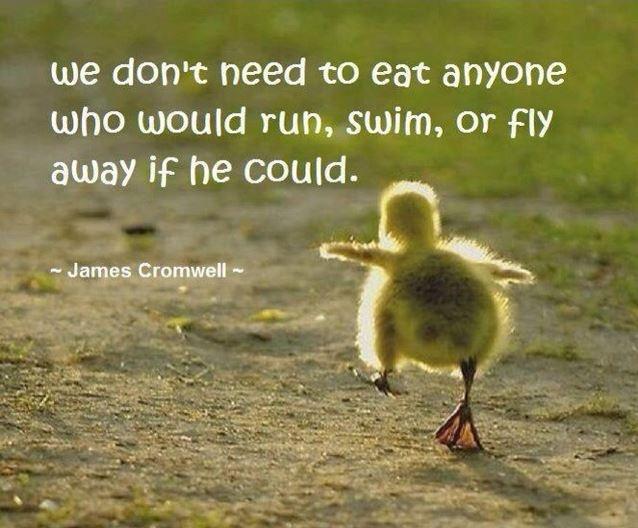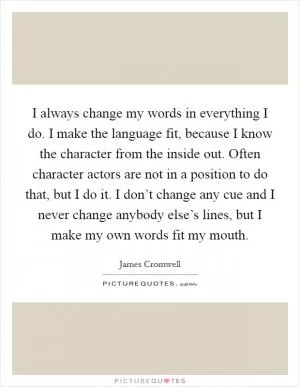We don't need to eat anyone who would run, swim, or fly away if he could

We don't need to eat anyone who would run, swim, or fly away if he could
The statement "We don't need to eat anyone who would run, swim, or fly away if he could" is a powerful reminder of the importance of respecting all living beings, especially those that possess the ability to move freely and escape harm. When applied to the context of flying creatures, such as birds, this statement takes on even greater significance.Birds are known for their ability to soar through the skies, using their wings to navigate vast distances and explore the world around them. Their freedom of movement is a fundamental aspect of their existence, allowing them to escape predators, find food, and seek out new habitats. In many cultures, birds are revered for their grace, beauty, and symbolic significance, representing freedom, peace, and the divine.
When we consider the idea of eating birds, we are not only disregarding their inherent value as living beings but also undermining the very essence of their existence. By consuming birds, we are essentially denying them the right to fly, to explore, and to live their lives in accordance with their natural instincts. This act of consumption is not only a violation of their physical bodies but also a violation of their spirit and their essence as creatures of the sky.
Furthermore, the act of eating birds raises ethical questions about our relationship with the natural world and our responsibility to protect and preserve it. By consuming birds, we are contributing to the depletion of their populations, the destruction of their habitats, and the disruption of delicate ecosystems. We are also perpetuating a cycle of violence and exploitation that perpetuates suffering and harm to all living beings.












 Friendship Quotes
Friendship Quotes Love Quotes
Love Quotes Life Quotes
Life Quotes Funny Quotes
Funny Quotes Motivational Quotes
Motivational Quotes Inspirational Quotes
Inspirational Quotes